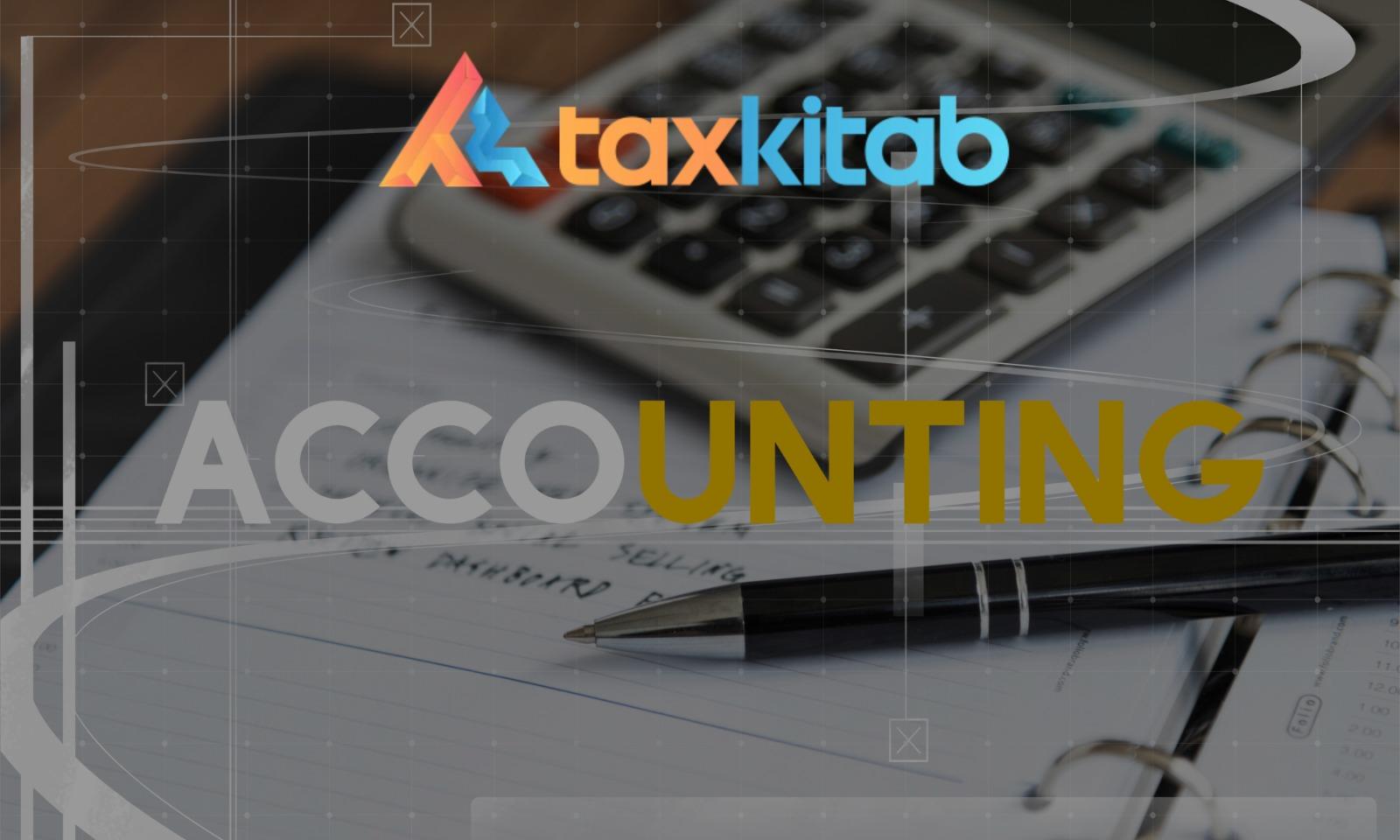The Future of Accounting Services: In-House vs Outsourced in 2025

As we head deeper into 2025, businesses are under more pressure than ever to be lean, agile, and scalable. With margins tightening, automation rising, and global competition growing, the back-office is no longer just about compliance—it’s a critical part of strategic decision-making. One of the biggest financial decisions many growing companies face is this:
Should you build an in-house accounting team, or outsource to an external provider?
The right choice can unlock serious efficiencies, reduce risk, and position your business for sustainable growth. The wrong one can drain resources and limit flexibility. This guide breaks down the key differences, benefits, and trade-offs to help you scale smarter in 2025.
more details insides: https://taxkitab.com/in-house-vs-outsourced-accounting-services/
🔍 What’s the Difference?
-
In-House Accounting means hiring internal staff (bookkeepers, accountants, CFOs) to manage all financial operations from within your organisation.
-
Outsourced Accounting involves delegating part or all of your finance function to an external firm or cloud-based provider, often using a monthly retainer or pay-as-you-go model.
⚖️ Pros and Cons at a Glance
| Aspect | In-House Accounting | Outsourced Accounting |
|---|---|---|
| Control | Full control over staff, systems, and priorities | Relinquishes some control to external provider |
| Cost | Higher fixed costs (salaries, benefits, software) | Lower overhead, scalable pricing |
| Scalability | Slower to scale, hiring takes time | Quick to scale up or down based on needs |
| Expertise | Depends on who you hire | Access to broader skillsets (tax, payroll, compliance) |
| Technology | Must manage software/tools in-house | Providers often include cloud-based platforms |
| Security | Direct control over data | Relies on provider’s security protocols |
| Compliance | Must keep up with changes internally | Often handled by specialists up-to-date with laws |
💡 Why the Choice Matters More in 2025
Several trends in 2025 make this decision more strategic than ever:
-
Remote work is the norm: Outsourced firms can integrate seamlessly into remote workflows.
-
AI and automation in accounting: External providers often lead with tech, offering real-time dashboards, automated reporting, and insights.
-
Tight labour markets: Hiring experienced in-house finance professionals is harder and more expensive.
-
Rapid scaling: Startups and SMEs need finance functions that grow with them—without large upfront costs.
🧠 When In-House Makes Sense
-
You're a larger business with complex financial structures that require daily oversight.
-
You need tight control over data, financial strategy, or internal processes.
-
You want to build a long-term finance department with internal culture alignment.
-
Your operations require immediate cross-functional collaboration with finance staff.
Example: A manufacturing company with inventory, global supply chains, and detailed cost accounting may benefit from a strong in-house team to handle day-to-day nuances.
🌐 When Outsourcing Is the Smarter Move
-
You're a startup or growing SME looking to stay lean and agile.
-
You want access to expert accountants, tax advisors, and compliance pros without hiring them full-time.
-
You’re scaling fast and need flexible, cost-effective finance support.
-
You’re ready to embrace cloud-based accounting platforms like Xero, QuickBooks, or NetSuite.
Example: A fast-growing eCommerce brand with fluctuating revenue and international sales might benefit from an outsourced finance team that can adapt quickly to spikes and changes.
💰 Cost Comparison: In-House vs Outsourced
| Expense Type | In-House | Outsourced |
|---|---|---|
| Salary (Accountant) | £40,000–£60,000/year | Included in retainer |
| Employer NI & Pension | +15–20% of salary | N/A |
| Accounting Software | £500–£3,000/year | Often included |
| Training & CPD | Ongoing | Included or not required |
| Total Annual Cost | £50,000–£70,000+ | £6,000–£24,000 (depending on complexity) |
Note: While in-house may be necessary for some businesses, many companies discover that outsourced accounting offers significant cost savings without sacrificing quality.
🔄 Hybrid Models: Best of Both Worlds?
A rising trend in 2025 is the hybrid finance model. This combines a small in-house team (or finance manager) with outsourced services for tax, year-end, or specialist functions like R&D tax credits or payroll.
This model provides:
-
Internal oversight
-
External expertise
-
Better cost control
-
Flexibility as you grow
🧭 How to Decide
Ask yourself:
-
Do we have the budget and need for a full-time team?
-
Is our current finance function helping us make better decisions?
-
Are we keeping up with regulatory and tax requirements confidently?
-
Do we need flexibility and scalability over the next 12–24 months?
If you're unsure, consider starting with an outsourced provider and transitioning in-house as the business matures—or consult with a fractional CFO to guide you through the decision.
✅ Final Thoughts: Scale Smarter, Not Heavier
In 2025, accounting isn’t just about keeping books tidy—it’s about empowering smarter, faster, more informed decisions. Whether you go in-house or outsourced (or somewhere in between), your accounting strategy should align with your growth goals, risk appetite, and operational needs.








